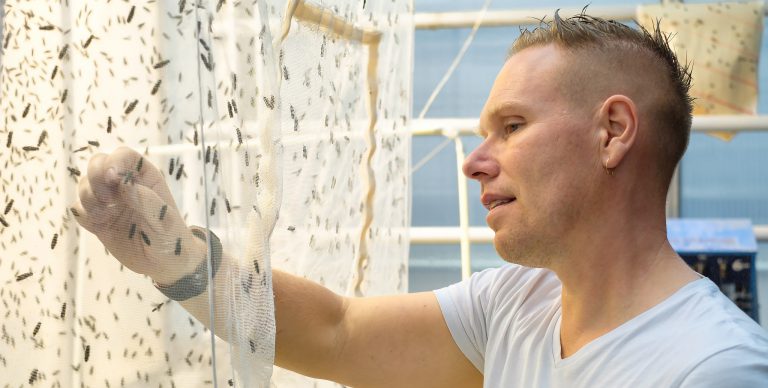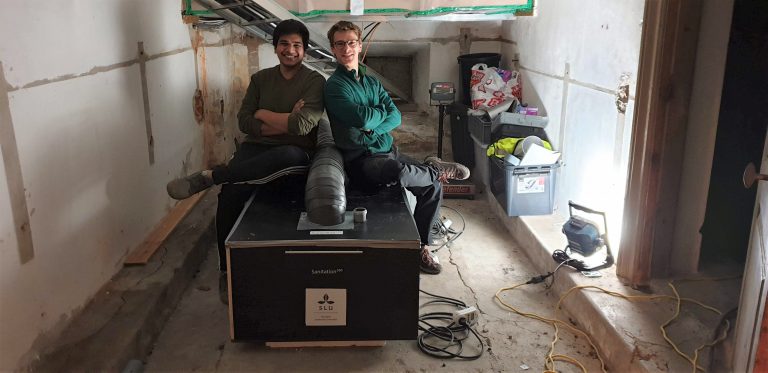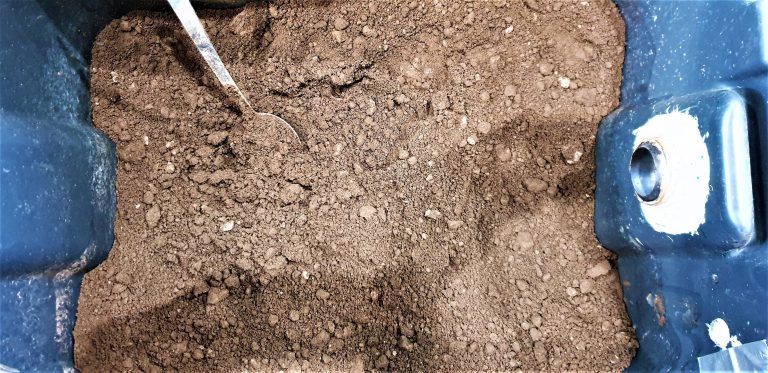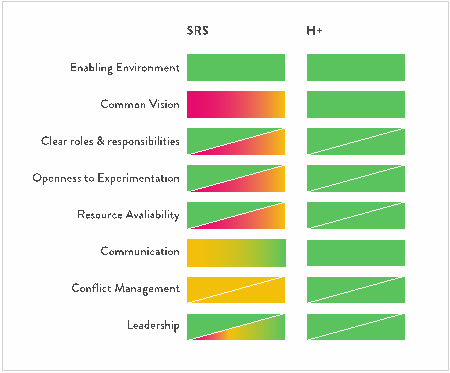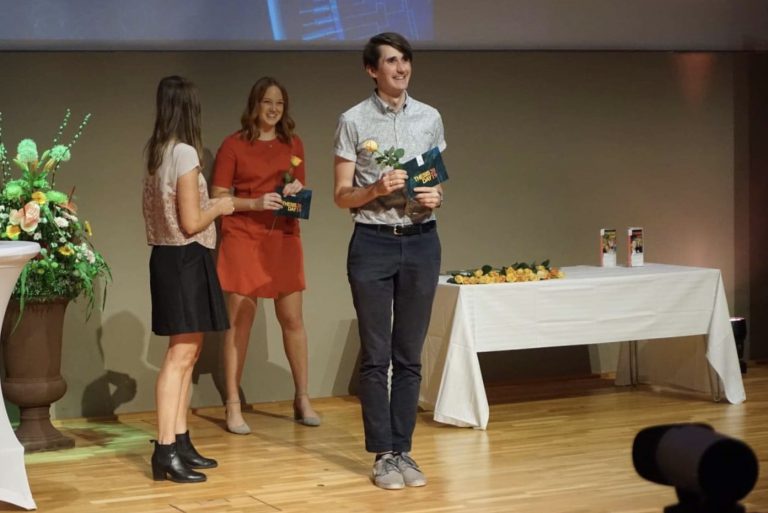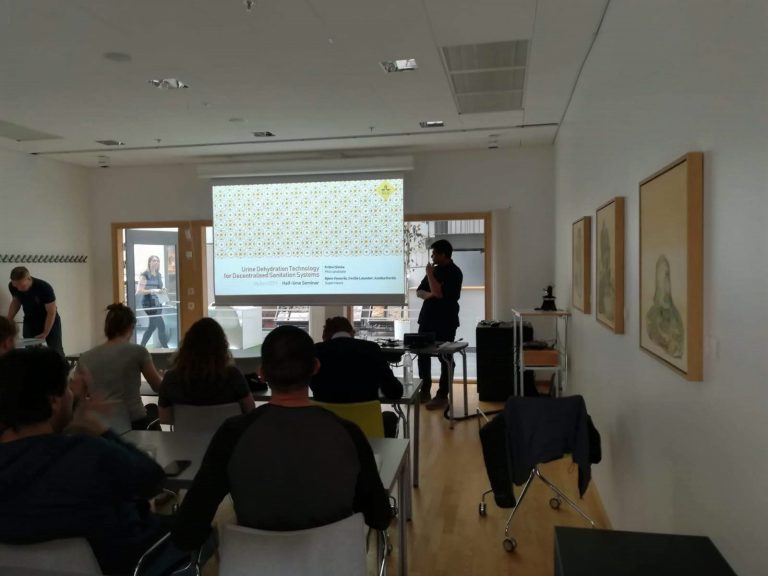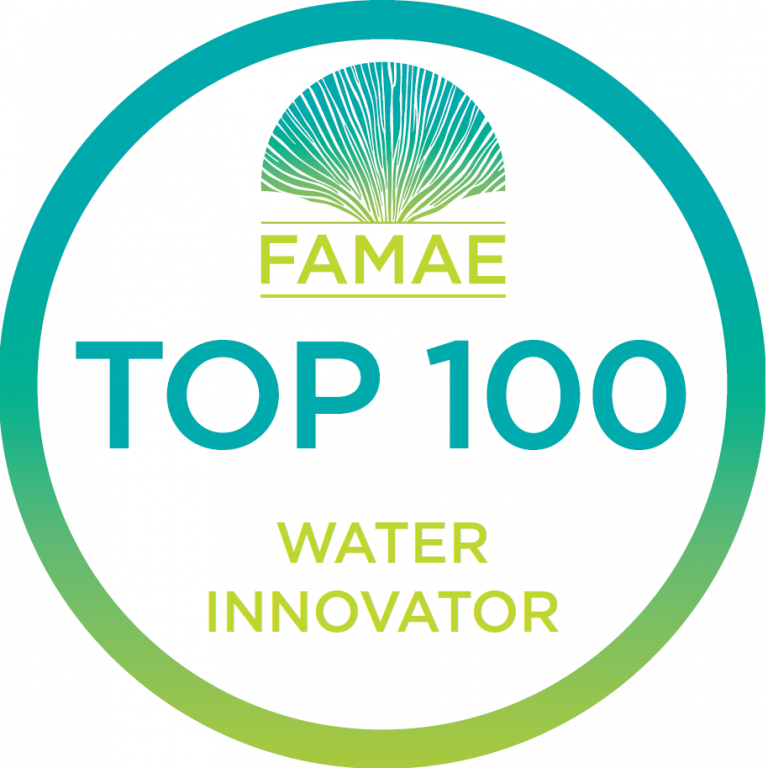This year, members of the Kretsloppsteknik group at SLU started Sanitation360, a startup company which aims to commercialise the urine dehydration technology being developed at SLU. As Sanitation360, we participated in the FAMAE Water Challenge (“Precious Water!”) where the goal was to design a simple and innovative product or service to preserve water, make it cleaner & accessible to everyone. Sanitation360’s innovative urine dehydrating toilet was selected amongst the Semi-finalists of the competition, finishing among the TOP 100 of more than 3,000 candidates from 120 countries. According to the Jury, our “disruptive phosphorous-capture toilet convinced the team and the Jury”.
FAMAE is an independent family foundation that supports innovation in the field of environnement. The foundation organizes every year an International Challenge to help inventors to create simple and innovative solutions that can substantially improve our daily lives, while significantly alleviating environmental footprints.
